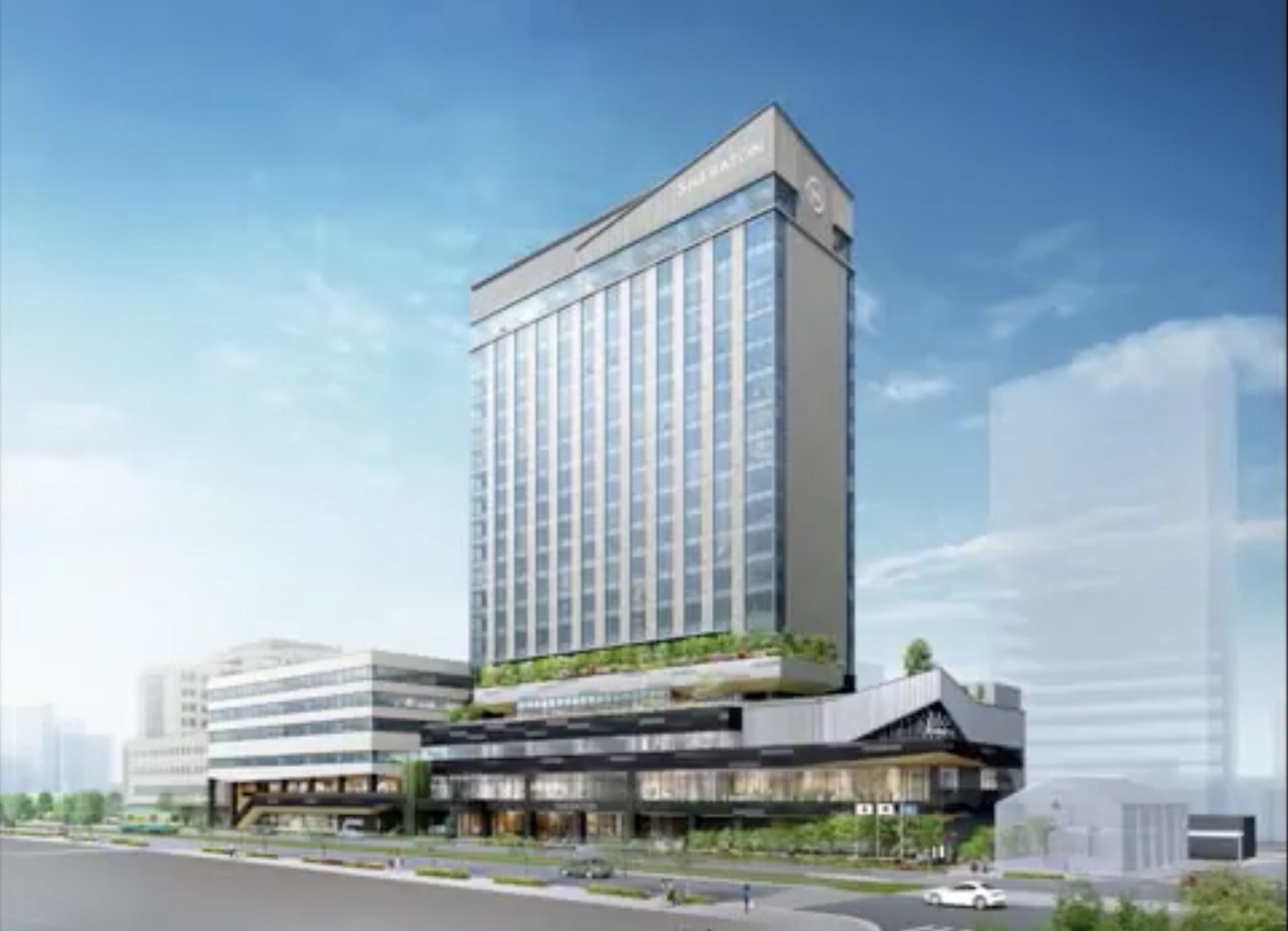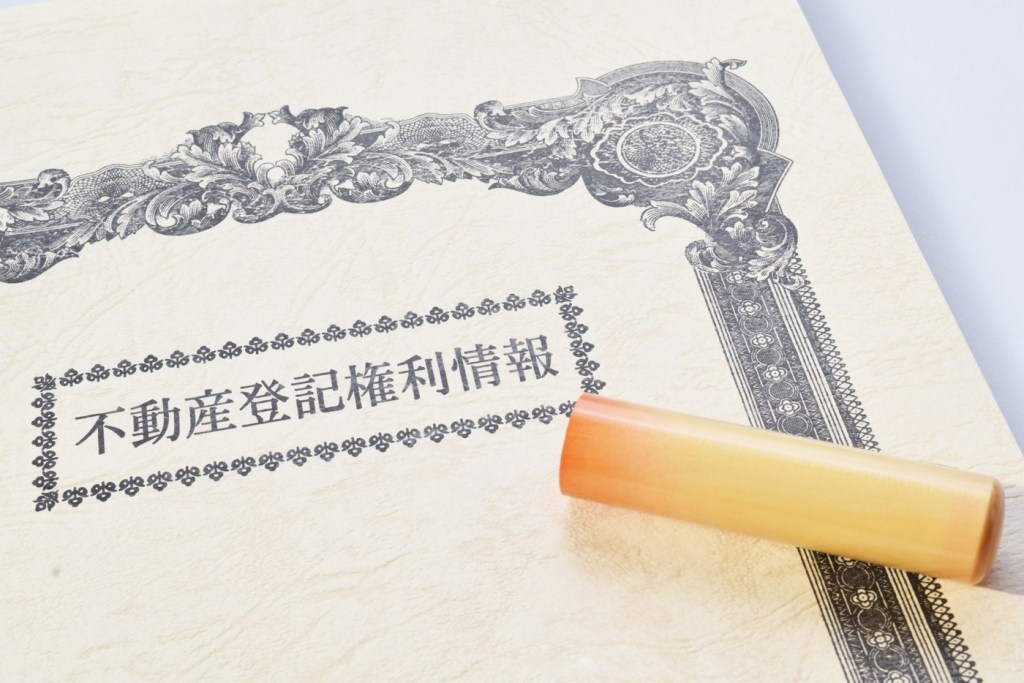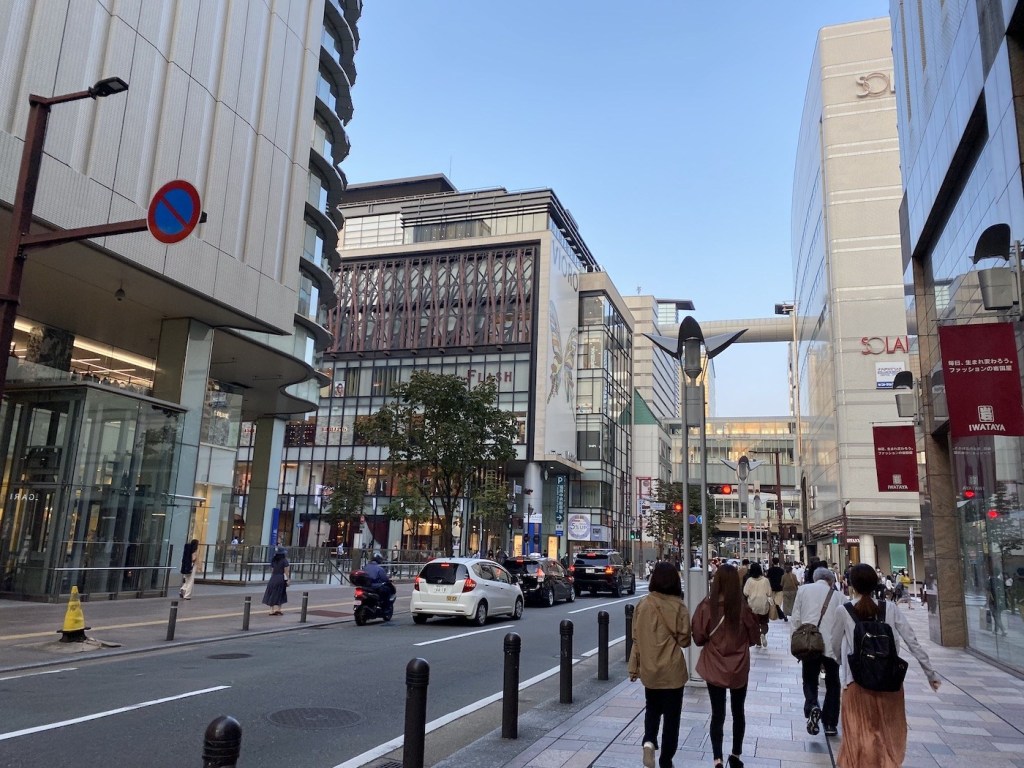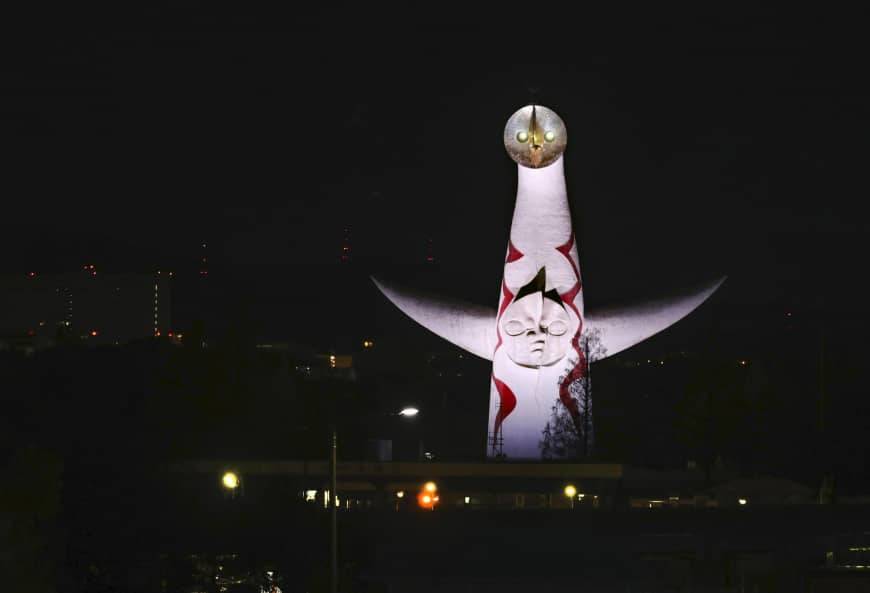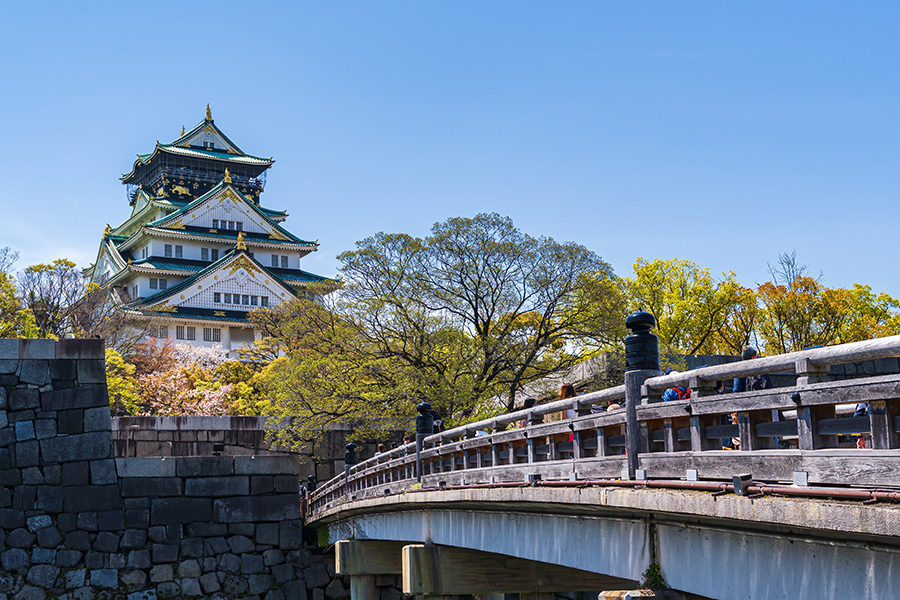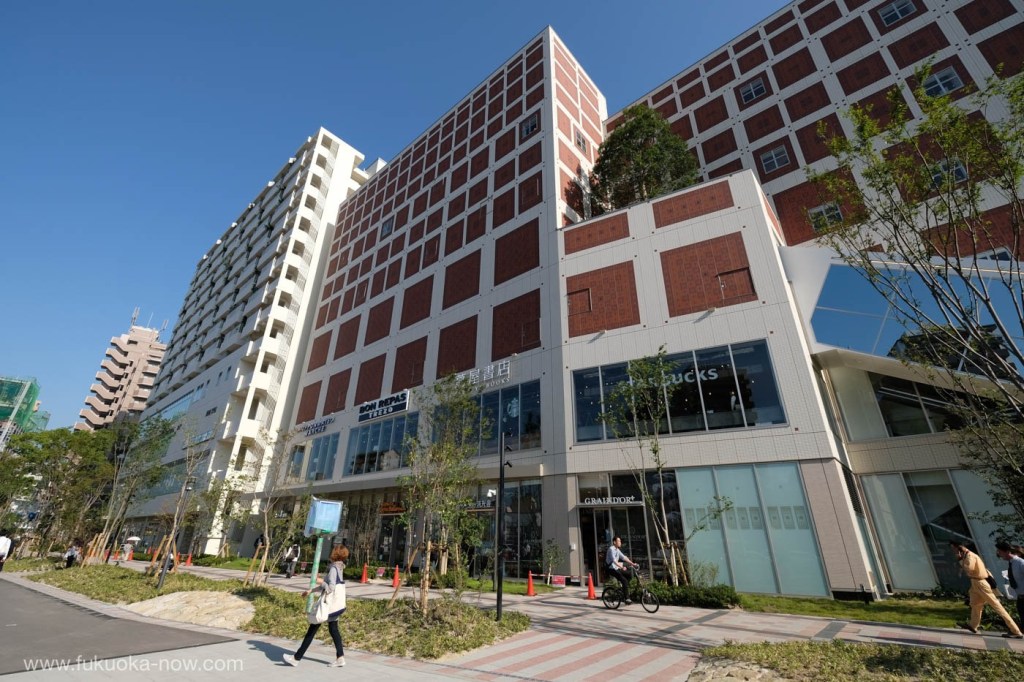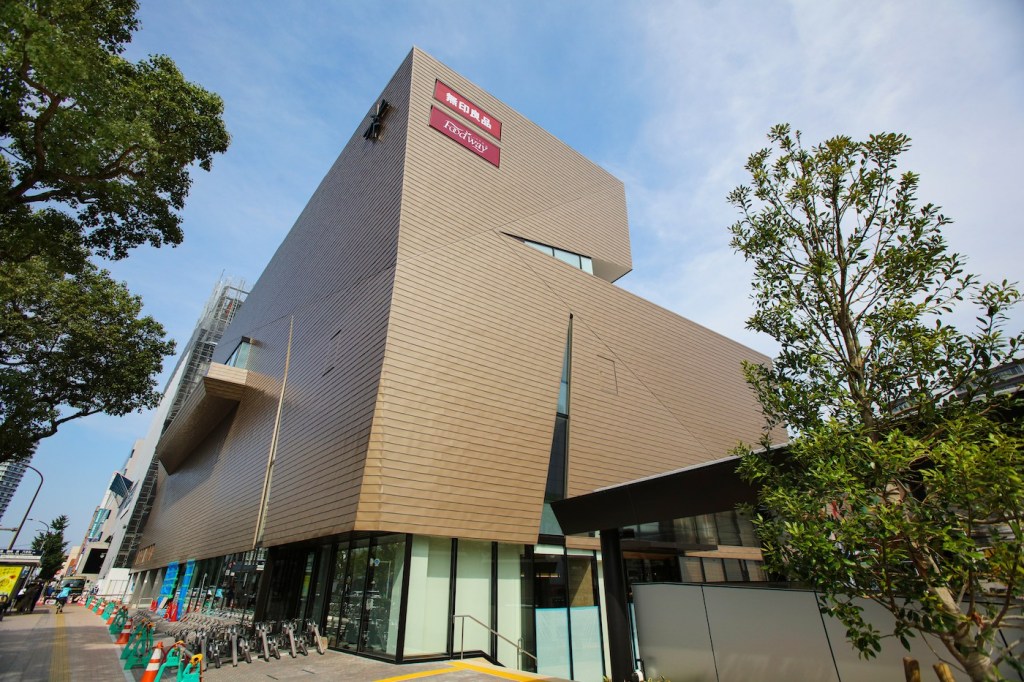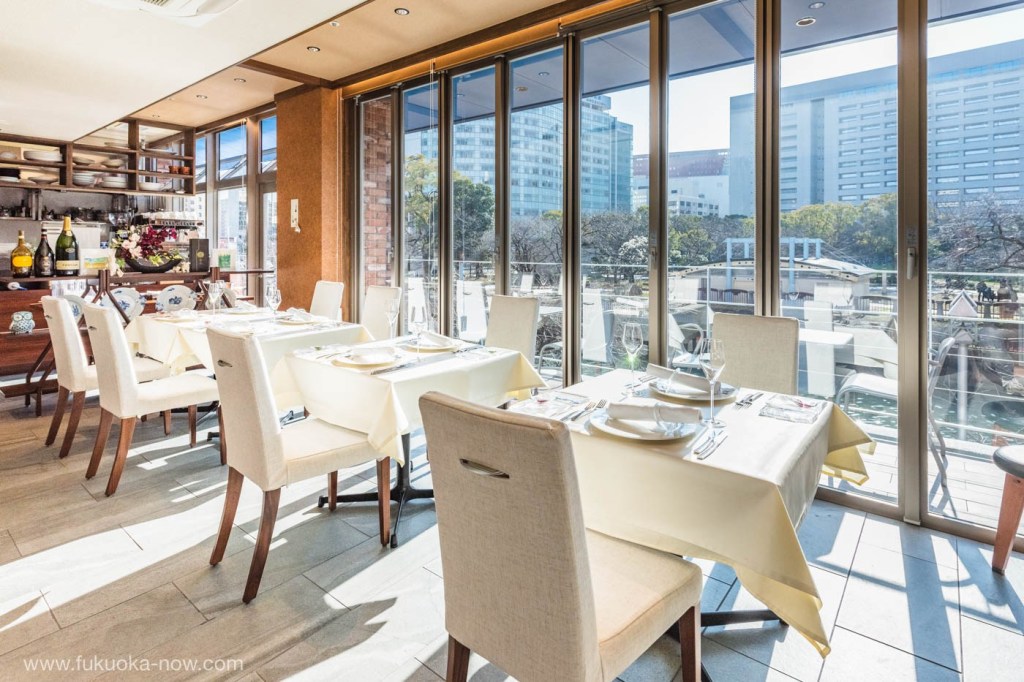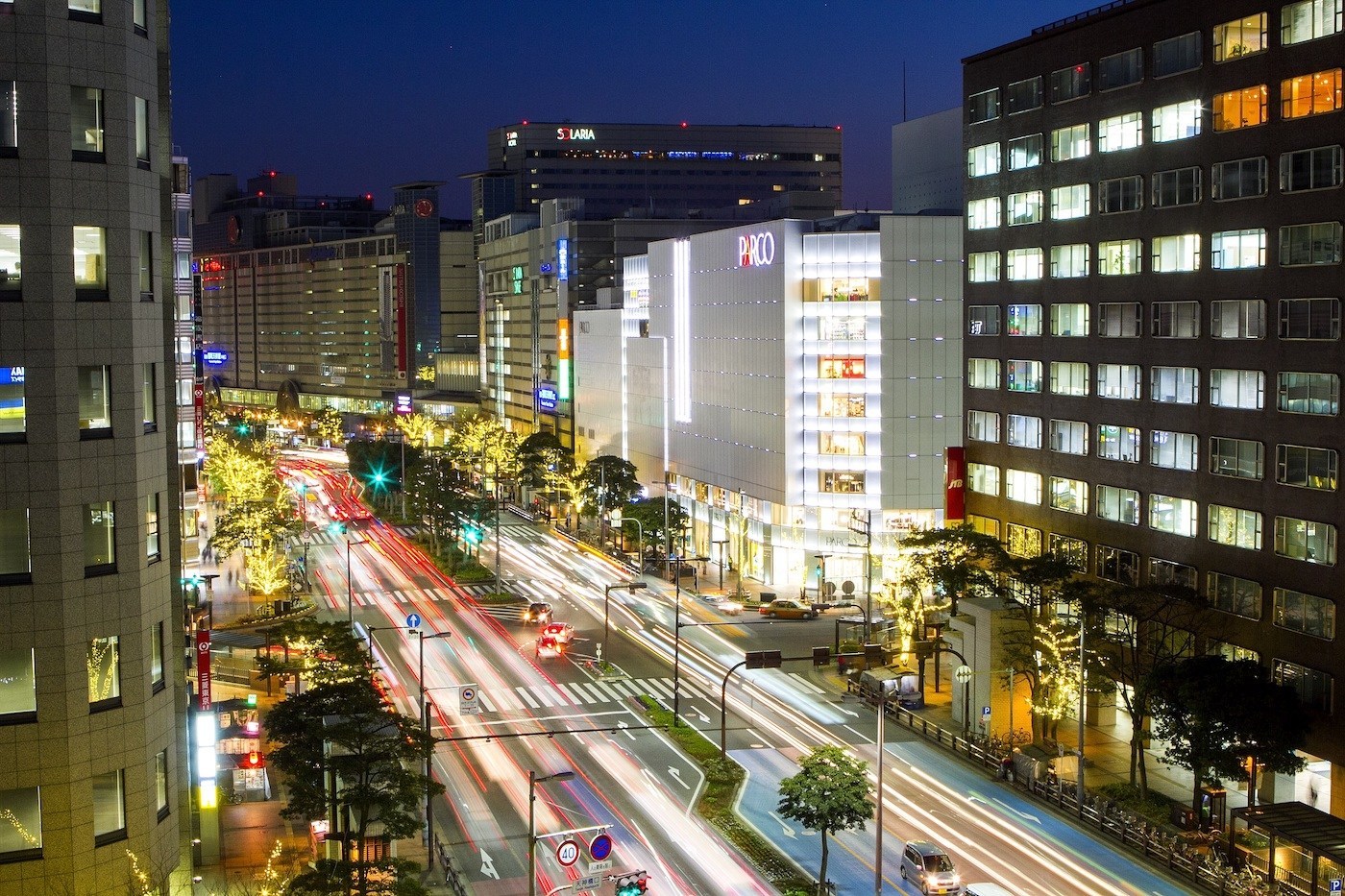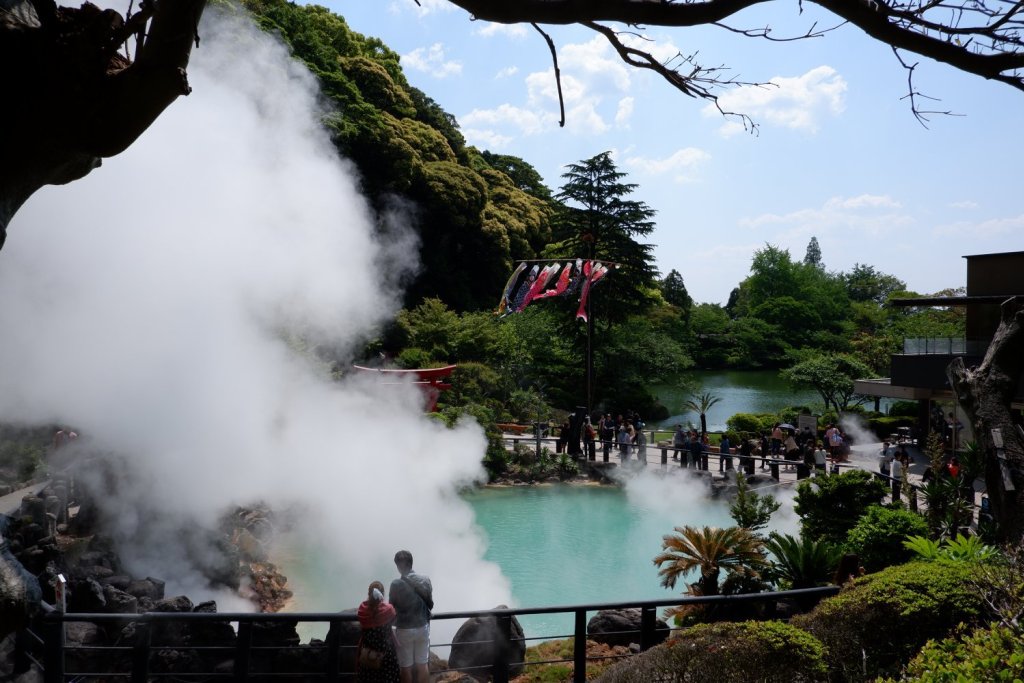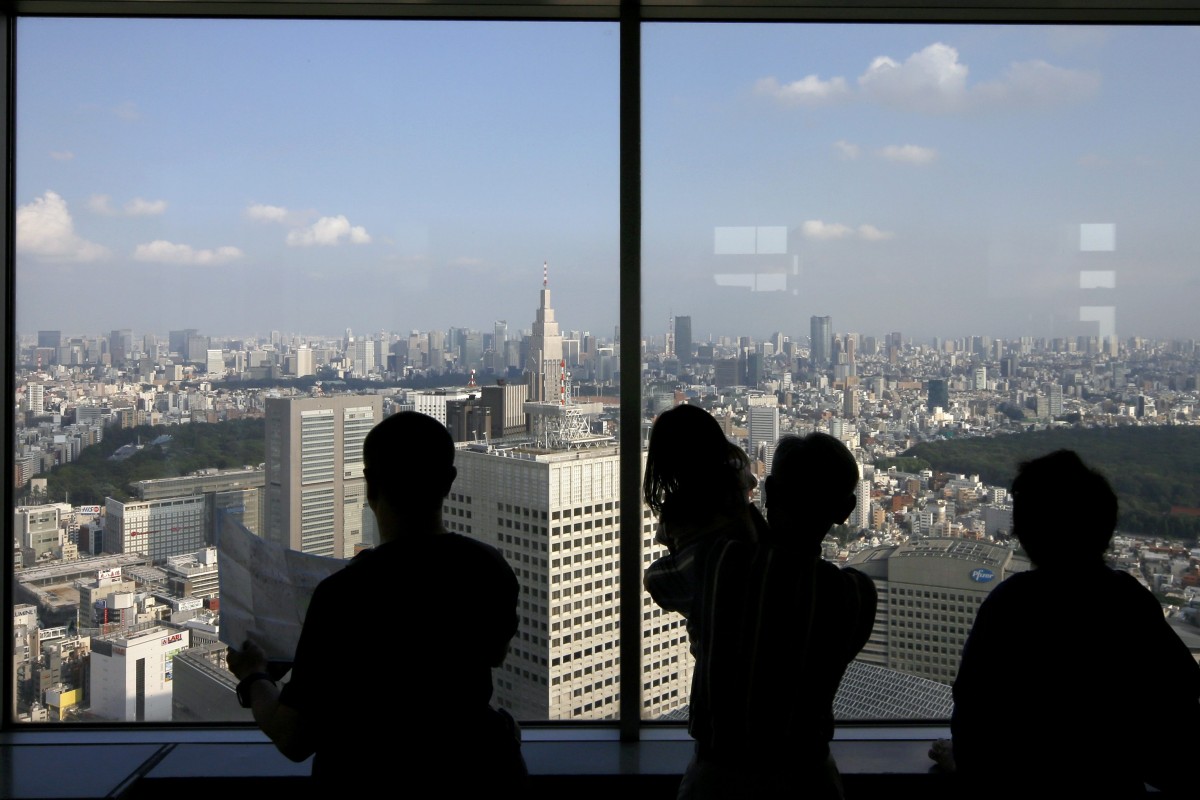Construction of Second Sheraton Hotel in Kyushu Begins Posted On 05-02-2021
Kyushu, JapanConstruction of the second Sheraton brand hotel in Kyushu began in Kagoshima City. Local trading company, Nangoku Corporation, will build the nineteen-story hotel that the American-based Marriott International will operate. In addition to 228 guest rooms, there will be hot spring facilities, banquet halls, restaurants, and more. The hotel is scheduled to open in the spring of 2023. Source: Nikkei / FNN
https://www.fukuoka-now.com/en/news/construction-of-second-sheraton-hotel-in-kyushu-begins/
Can foreigners buy property in Japan? Posted On 29-12-2020
JapanThe answer to the question is yes. Foreigners, regardless of their nationality and visa status, can buy property in Japan. There is no restriction and no additional tax, which can be seen in some countries where foreigners can buy properties. In this article, I would like to highlight the difference in the legal concept of ownership in Japan and in English legal countries (or common law countries). More practical information such as the process of buying a house and investment advice is easily available online (while this kind of information is rarely found).
The legal concept of ownership
In Hong Kong in 2015/16, I attended a series of classes on English land law delivered by Prof. Martin Dixon, Professor of Law of Real Property at Queen’s College, Cambridge University. In the classes, I was surprised to know that the concept of ownership in English law is significantly different from the one under the Japanese law which is based on French and German law.
1) England and Wales
Legally speaking, the absolute owner of all land in England and Wales is the Crown (i.e. Queen Elizabeth II). So-called landlords have the right of exclusive possession and use in land for an indefinite period of time (i.e. freehold) or definite period of time (i.e. leasehold). The definite period time of leasehold is normally long such as 99 years or 125 years. Therefore, it is different from mere a lease, and leasehold can be the object of sales and purchase.
This legal structure, however, is not cared for even noticed by most landlords, and they are deemed as owners in everyday language. Scotland has a different legal system.
2) Other common law countries/regions
Hong Kong has the same structure as a former British territory except that all land is owned by the government, not the Crown since the 1997 handover. They also trade leasehold and not freehold. They invest in, say, a 99-year leasehold in a flat for a higher price and become an owner of that flat until they sell at a profit.
While I am not familiar with property systems in other common law countries (e.g. Australia, New Zealand, Canada (except Quebec), Singapore, Malaysia, India and the United States), it seems that they maintain more or less the same concepts and similar structures succeeding to English law.
3) Japan
Meanwhile, the right of ownership in Japan is absolute as the Crown’s is. If you buy property in Japan, you will become an absolute owner of that property, and intervention in the right is extremely difficult if not impossible even by the government. Therefore, it is more radical than it looks from the legal point of view to admit foreigners to buy property without any restriction in Japan.
In addition to the difference in the concept of ownership, land and buildings can be differently owned in Japan unlike above-mentioned countries. Therefore, it is legally possible that a piece of land is owned by you and the building on it is owned by another person, who is likely to be a tenant of your land. Further, as almost all properties are registered and our concepts and structures are less complex, transactions are more straightforward.
What you should do first is to choose a good real estate agency who has the know-how to handle international clients. In Japan, real estate agencies take care of buyers from the beginning till the end, during which shiho-shoshi (司法書士) lawyers affiliated with the agencies conduct registration procedures.
Market is open to the world
There is a growing concern among conservatives that foreign investors buy large forest areas near water sources, among other areas, in Hokkaido. According to the research results published by the Forestry Agency on April 18, 2017, 201 hectares of forests were bought by foreigners in Hokkaido in 2016. Most of them are Chinese investors mainly from Hong Kong, Taiwan and Singapore. Although they appear to have merely invested to develop resort areas, a concern arises in relation to national security.
Still, the government’s policy [1] is to strategically open the Japanese property market to foreign investors. Again, foreigners, regardless of their nationality and visa status, can buy property in Japan. Therefore, while we might have some regulations in relation to the national security in the near future, foreigners will remain to be able to buy property in Japan.
Note:
[1] See the Press Release dated 2 August 2013 published by the Ministry of Land, Infrastructure, Transport and Tourism.
Disclaimer: While every effort has been made to ensure that the information on this article is accurate at the time of posting, it is not intended to provide legal advice as individual situations will differ. If you do require advice or wish to find out more about the information provided and related topics, please contact the author.
Text by: Atty. Atsushi Miyake of Miyake Law, Aug. 2019.
Read more original and informative articles here.
https://www.fukuoka-now.com/en/can-foreigners-buy-property-in-japan/
Fukuoka’s Chuo Ward Ranked Deemed Most Livable In Kyushu-Okinawa Posted On 26-10-2020
Fukuoka, JapanDaito Trust Construction Co., Ltd. released a ranking of “most comfortable towns to live” in the Kyushu and Okinawa regions. Chuo Ward in Fukuoka City topped the ranking, gaining high scores for its accessibility and friendliness. Residents of the area enjoy a combination of commercial and natural environments, especially around Yakuin-odori Station. Six more wards and towns in Fukuoka ranked between 2nd and 10th. The report was based on the results of an online survey (approx. 3.3 million respondents) Source: Daito Trust Construction
https://www.fukuoka-now.com/en/news/fukuokas-chuo-ward-ranked-deemed-most-livable-in-kyushu-okinawa/
Pandemic forces organizers to mull options for 2025 Osaka Expo Posted On 15-10-2020
Osaka, JapanOSAKA – Later this month, the Paris-based Bureau of International Expositions is expected to announce the postponement of this year’s World Expo in Dubai due to the coronavirus. Originally slated to run from October to April, the new dates will likely be October 2021 to March 2022.
The postponement will also affect Japan. A 2022 finish in Dubai means just three years until Osaka-Kansai/Japan Expo 2025. World Expos are held once every five years to give everyone ample time to prepare. Given the uncertainties over the coronavirus pandemic and the logistical and financial realities of hosting an Expo, Osaka, Kansai and national leaders may soon have to discuss options.
First up, of course, is the “Full Speed Ahead” option: The 2025 Expo takes place exactly as planned. But this looks very risky now because it assumes: 1) the crisis will soon end; 2) there won’t be new waves of infections between now and 2025 that create worldwide shutdowns; 3) that a vaccine will be administered globally by then; 4) that despite virus-related economic damage, most governments will commit to big exhibits in 2025; and 5) that, despite economic concerns in Japan about the virus and the postponed Tokyo Olympics, Kansai and national government and business leaders will honor their pre-pandemic promises of funding for the expo over the next few years.
Next is the “It’s a Small World” option. This means a 2025 Expo with fewer pavilions, events and visitors. On the plus side, a smaller Expo would be less expensive. Nations and businesses recovering from the coronavirus damage that might balk at forking out large sums of money for the current plan might be less opposed to investing in a “mini-Expo.”
Third is the “2026″ option — a one-year postponement. This assumes the Dubai Expo will not face another delay and gives Japan, and the world, another year to recover and prepare economically. Of course, it also assumes the coronavirus is no longer a threat. Yet it also raises the question of what to do with the 2030 Expo. Which leads to the next choice.
The “2030″ option: Given the international emphasis on the United Nations Sustainable Development Goals for 2030, Japan might want to hold an expo the same year to showcase the SDGs in a way that attracts more attention than the 2025 Expo would. This option also allows participants even more time to get their economies back in order.
The “Someday” option: This means cancelling the 2025 Expo with promises that when Osaka and Kansai resubmit a bid for some future Expo, it will be receive favorable treatment.
2025 is five years away. Given the amount of money so far invested, and the large egos and reputations of all involved who are devoted to sticking to the current plans and schedule, the official attitude is that there is still plenty of time to deal with the virus before 2025. So no need to think about canceling or postponing.
But circumstances beyond the control of Expo supporters over the coming months could force a rethink. This includes anything from another international wave of coronavirus outbreaks to worse-than-predicted economic difficulties. This could prove especially true in countries whose leaders declare they will only exhibit in 2025 if the Japanese government foots most of the bill.
Japan has already promised ¥24 billion in related funding to 100 countries, but there could be pressure to increase that amount. Whatever the situation with the virus in a few years, how Japanese politicians, and voters, will react if more tax money is spent on the current Expo plans while the economy is still sluggish, and if the Olympics prove to be a financial failure, remains to be seen.
(the japan times / japantimes.co.jp Apr 18, 2020)
https://www.japantimes.co.jp/news/2020/04/18/national/pandemic-forces-organizers-mull-options-2025-osaka-expo/
Read More
Japan: Integrated Resort (IR) delay raises concerns Posted On 14-10-2020
JapanThe period for IR applications has been put back by nine months
Japan.- The postponement of the application period for local governments to develop integrated resorts in the country has raised concerns among the candidate cities and prefectures.
The Japanese government has officially announced that the window for applications will be put back by nine months, from January – July, 2021, to October 1, 2021 – April 28, 2022 due to the Covid-19 pandemic.
The central government expects to publish its delayed Basic Policy on IRs after a new round of public consultation that concludes on November 7 this year.
The draft currently includes infectious disease countermeasures, rules on the taking and storing of minutes from meetings between government officials and operators, and greater efforts to prevent problem gambling and addiction.
Currently, Osaka city and prefecture, Yokohama city, Wakayama prefecture and Nagasaki prefecture have announced they will make formal bids for one of the three IR licences that will be available.
In Yokohama city, the delay will give more time to opponents of the project, who have become increasingly vocal. Mayor Hayashi, who strongly supports the project, will face reelection on August 29, 2021, before the application period begins.
Wakayama’s governor Yoshinobu Nisaka, has expressed regret and “deep dissatisfaction” with the delay.
Osaka is also disappointed since, if successful, it had hoped to open its IR in time for when it hosts the World Expo in 2025, which now seems unlikely.
However, Governor Hirofumi Yoshimura of Osaka Prefecture said it was a “reasonable decision.” The Osaka Metropolis Plan will be voted upon on November 1. (10/12/2020 Focus Asia Pacific)
https://focusgn.com/asia-pacific/japan-ir-delay-raises-concerns

